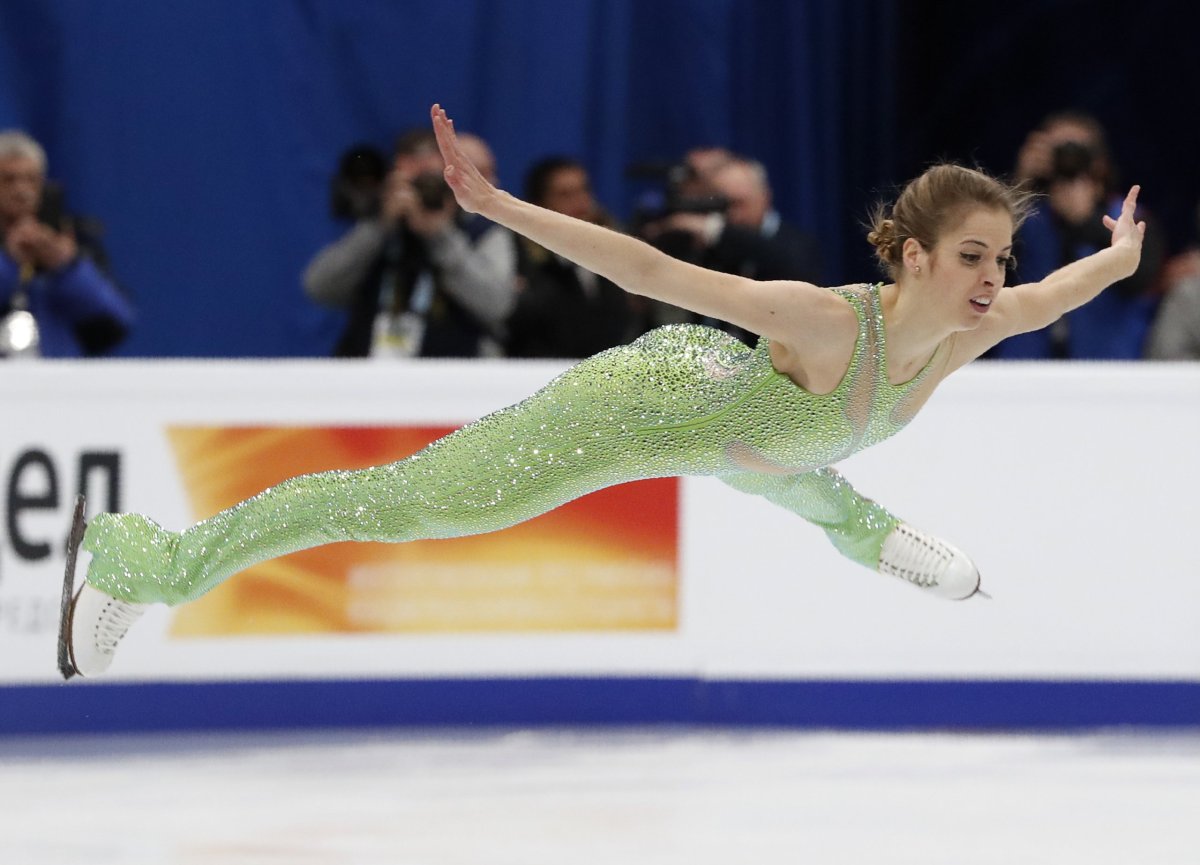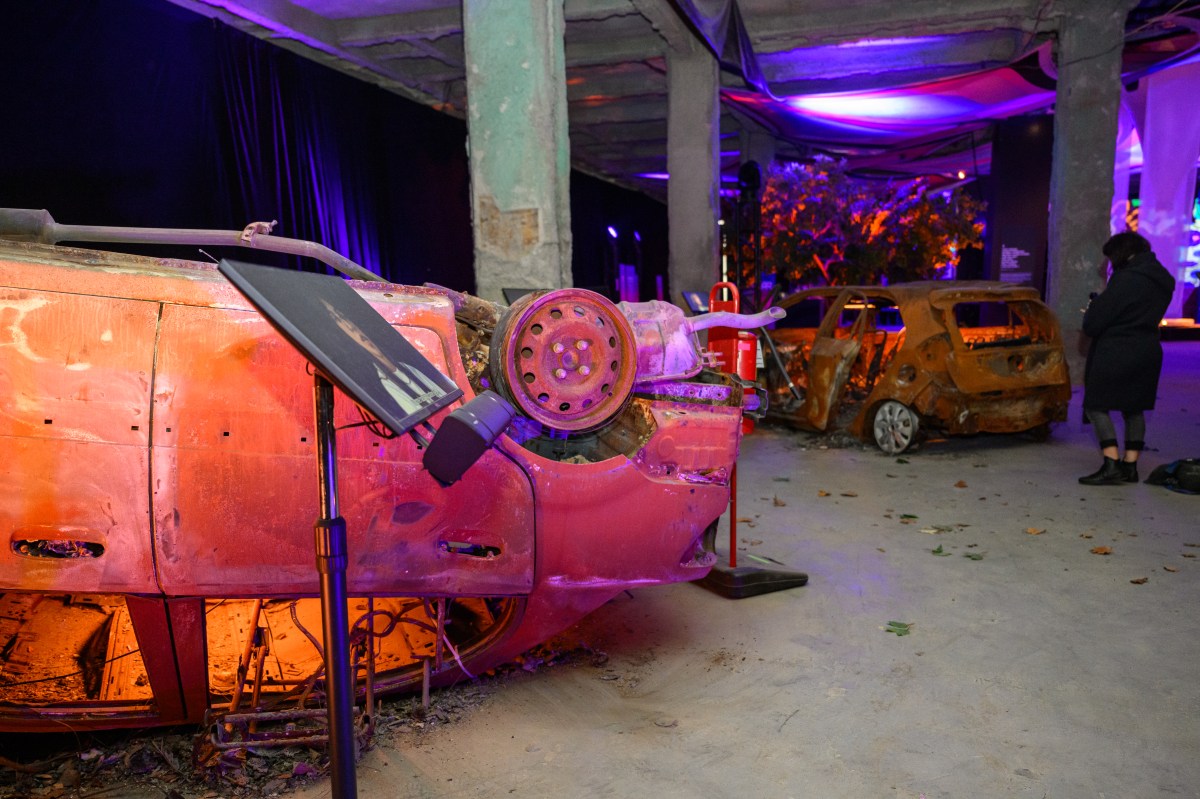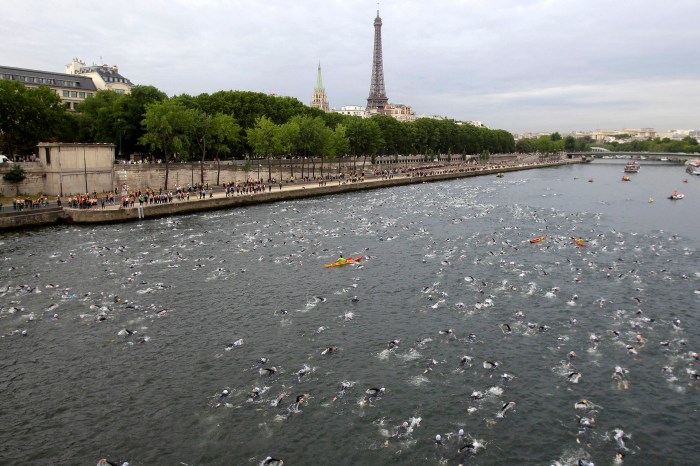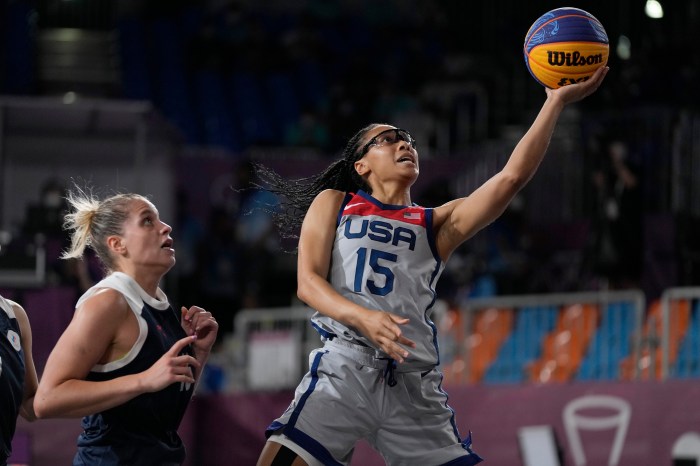By Gabrielle Tetrault-Farber
MOSCOW (Reuters) – When Carolina Kostner competed in her first European championships in 2003, the current champion Alina Zagitova was only eight months old.
Competing in her fourth Olympics this month, Kostner has demonstrated incredible resilience in a sport where fleeting brilliance is more common than decades of endurance.
The graceful Italian, who will turn 31 on the eve of the opening ceremony in Pyeongchang this week, has returned from a suspension and emerged as a contender among a host of teenaged rivals.
In 2015, the five-time European champion was handed a 16-month ban for allegedly assisting her former boyfriend, Olympic race walker Alex Schwazer, with covering up his illegal doping.
Today Kostner refers to the suspension, the challenges of her comeback and the lows in her careers in euphemisms — “obstacles” and “falls”.
She is now focused on her return, not her absence.
“It’s not so much about what obstacles you encounter or if you fall down,” Kostner said after her short programme at the European champions in Moscow last month, where she won bronze, her 11th medal at the Europeans.
“It’s about how you get back up and how you keep on fighting.”
Six weeks after returning to competition in December 2016, she finished sixth at the world championships. A few months later, she was back on the podium, winning bronze at the 2017 European championships.
“I believe that I still have a lot of space for improvement and space to actually improve,” she said.
Kostner, a six-time world championship podium finisher and bronze medalist at the 2014 Sochi Games, feared her extended absence and the demands on her body to return to competition could spell the end of her career.
“My body is still improving,” Kostner said in an interview a day after finishing third at the European championships. “And for me it’s a huge points of success. I wouldn’t have thought. It’s been a surprise after a surprise.”
ANY SITUATION
Kostner said she can no longer train like she did when she was 16, adapting her physical and mental preparation over the years.
“You have to find the right way to challenge your body and challenge your mind at the different stages of life,” she said.
Kostner says she had matured greatly since Sochi, deepening her understanding of movement and musicality.
She said her podium chances in Pyeongchang will depend on her ability to believe in herself and align all the elements needed for a strong performance.
“I believe everyone’s Olympics is first inside and then against the others,” she said.
At the 2006 Turin Olympics, Kostner crumbled, falling several times during her free skate on home ice.
In Vancouver 2010, she fell three times in her free skate and finished 16th overall.
“The fun part is that being around so long, you have basically seen — I don’t want to say everything — but a lot of things,” Kostner said.
“I’ve competed in bad conditions, I’ve competed in great conditions. I’ve felt really good, I’ve felt really bad. I’ve felt really not nervous at all, I’ve felt very nervous and scared, and not scared.
“You basically know you can handle any situation.”
Kostner is the doyen of women’s figure skating. The teenage skaters she will skate against in Pyeongchang list her among their idols.
“She’s an authority for me,” 15-year-old Zagitova told reporters at the European championships. “It’s exciting to compete against her.”
(Reporting by Gabrielle Tétrault-Farber; Editing by John O’Brien)


















